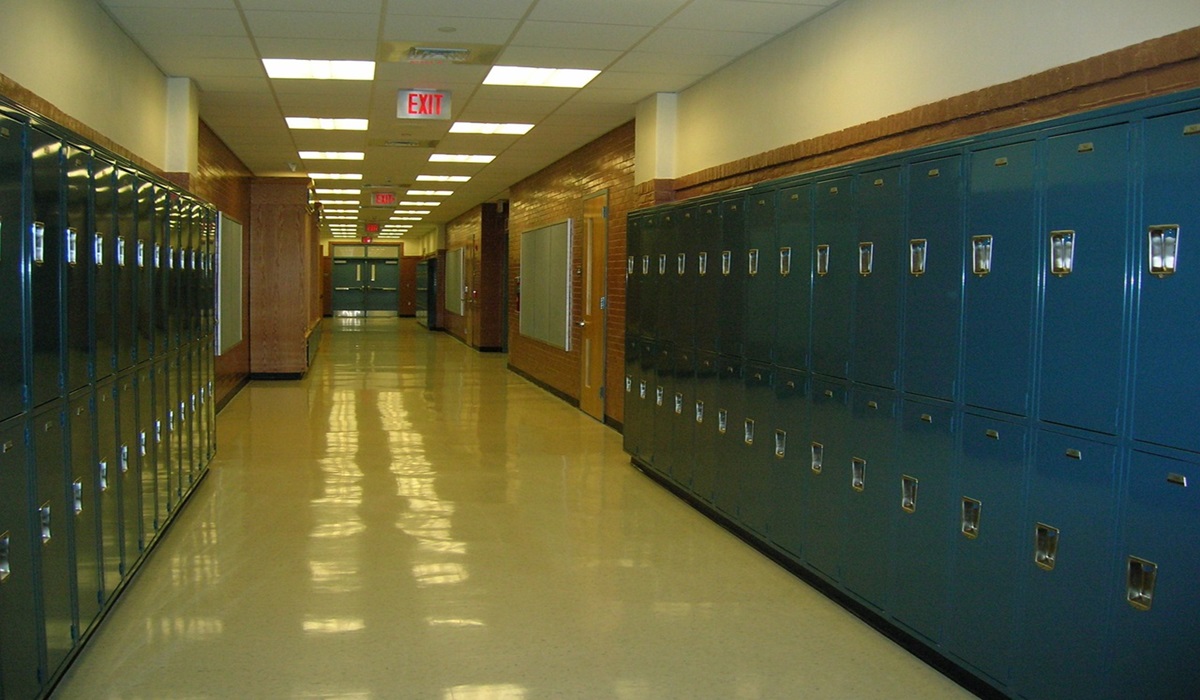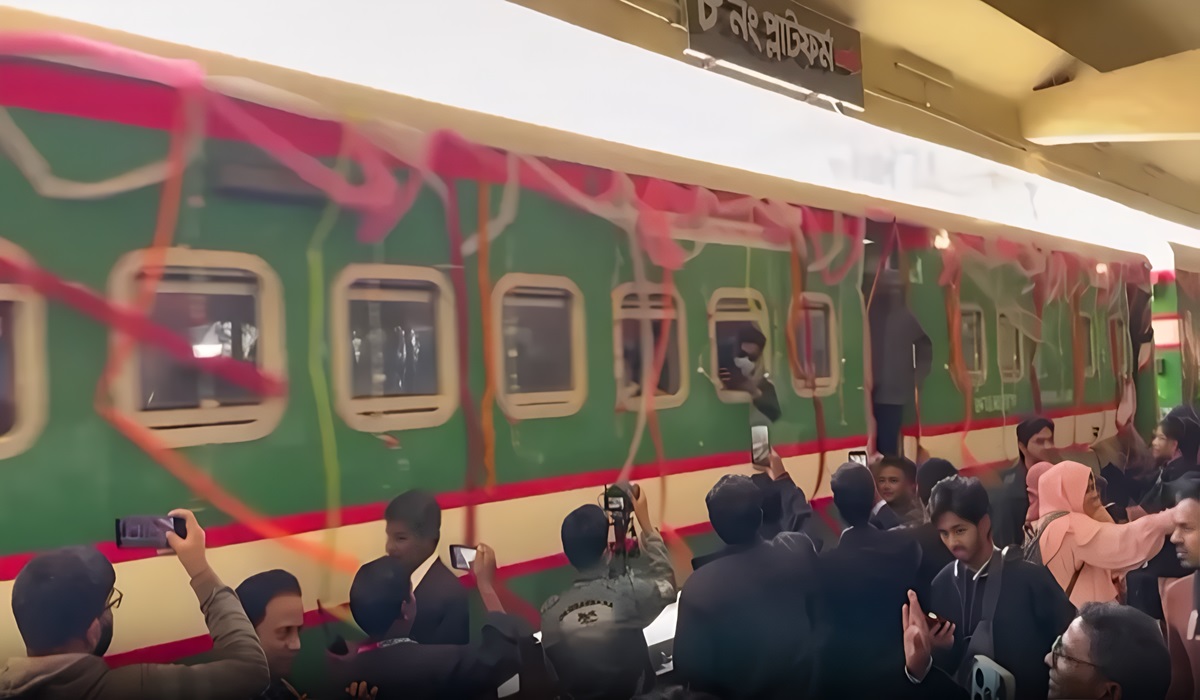Winter Crisis Looms for Over a Million Palestinians as Aid Blockade Continues
- Kingston Bailey
- D.O.C Supplements - Trending News
- Middle East
- September 25, 2024

As the bitter chill of winter approaches, over one million displaced Palestinians in Gaza are in urgent need of shelter assistance, with humanitarian agencies warning that the current rate of aid is alarmingly insufficient. According to the Shelter Cluster in Palestine, led by the Norwegian Refugee Council, it would take over two years to provide the necessary materials to repair and reinforce shelters in southern Gaza, unless Israel significantly increases the flow of aid.
The stark reality on the ground is that only two truckloads of essential shelter items have crossed into southern Gaza per week throughout August—just eight percent of what is required. With winter rapidly approaching, at least 25 truckloads of sealing-off kits must be delivered weekly before November to meet the desperate demand for weather-proofing the makeshift tents and shelters.
The scale of the crisis is vast. Many of the tents that have provided refuge for thousands of displaced families over the last year are now beyond repair due to wear and tear. Inadequate materials have left families scrambling for any form of protection from the elements, sewing together rice sacks and salvaged materials just to keep a barrier between them and the sky.
“The reality is that hundreds of thousands of families are living in tents and shelters that will not survive the coming winter,” warned Alison Ely, the Shelter Cluster coordinator in Gaza. “Without immediate action, they will be exposed to the harsh conditions of strong winds, heavy rains, and freezing temperatures.”
For the 1.9 million Palestinians displaced by ongoing conflict in Gaza, the majority are now residing in overcrowded and unsanitary conditions south of Wadi Gaza. These makeshift communities lack basic resources to withstand the cold and rain that winter will bring. The shelter kits, made up of two tarpaulins, a plastic sheet, rope, and duct tape, are a bare minimum to help reinforce tents and create temporary weather-proof homes. But without them, families are at risk of hypothermia and other life-threatening health conditions.
The early onset of rain this past Sunday triggered widespread panic as families, already stretched thin, scoured their surroundings for any available materials to shield themselves. However, the aid agencies tasked with delivering shelter and protective equipment have been hampered by Israel’s blockade, which has restricted the flow of much-needed humanitarian supplies.
“The international community, including influential nations like the United States, the United Kingdom, and EU member states, must pressure Israel to allow the delivery of essential shelter items. This is a matter of survival,” Ely added, emphasizing the urgency of the situation.
Under international law, as the occupying power in Gaza, Israel is obligated to facilitate humanitarian assistance. Article 59(1) of the Fourth Geneva Convention mandates that access be granted for the delivery of relief supplies to occupied territories in need. However, the Shelter Cluster estimates that, unless Israel increases the number of trucks allowed to deliver aid, it will be impossible to meet the needs before the winter rains begin in full force.
The numbers speak volumes: over 1.13 million people require sealing-off kits to protect their shelters, while 1.34 million are in desperate need of bedding kits, according to data from the United Nations Office for the Coordination of Humanitarian Affairs (OCHA). Aid organizations are facing a logistical and humanitarian nightmare, with the scarcity of materials pushing many families to the brink.
As winter looms and temperatures begin to drop, the humanitarian community has sounded the alarm, but action is slow. Without a rapid change in policy, hundreds of thousands of Palestinians face a winter of unimaginable hardship, enduring cold, wet, and dangerous conditions with little more than fragile tarps to protect them.
Time is running out. For families in Gaza, surviving the winter isn’t just about weather—it’s about their dignity, safety, and the basic human right to shelter.
The world is watching, but will it act in time?








